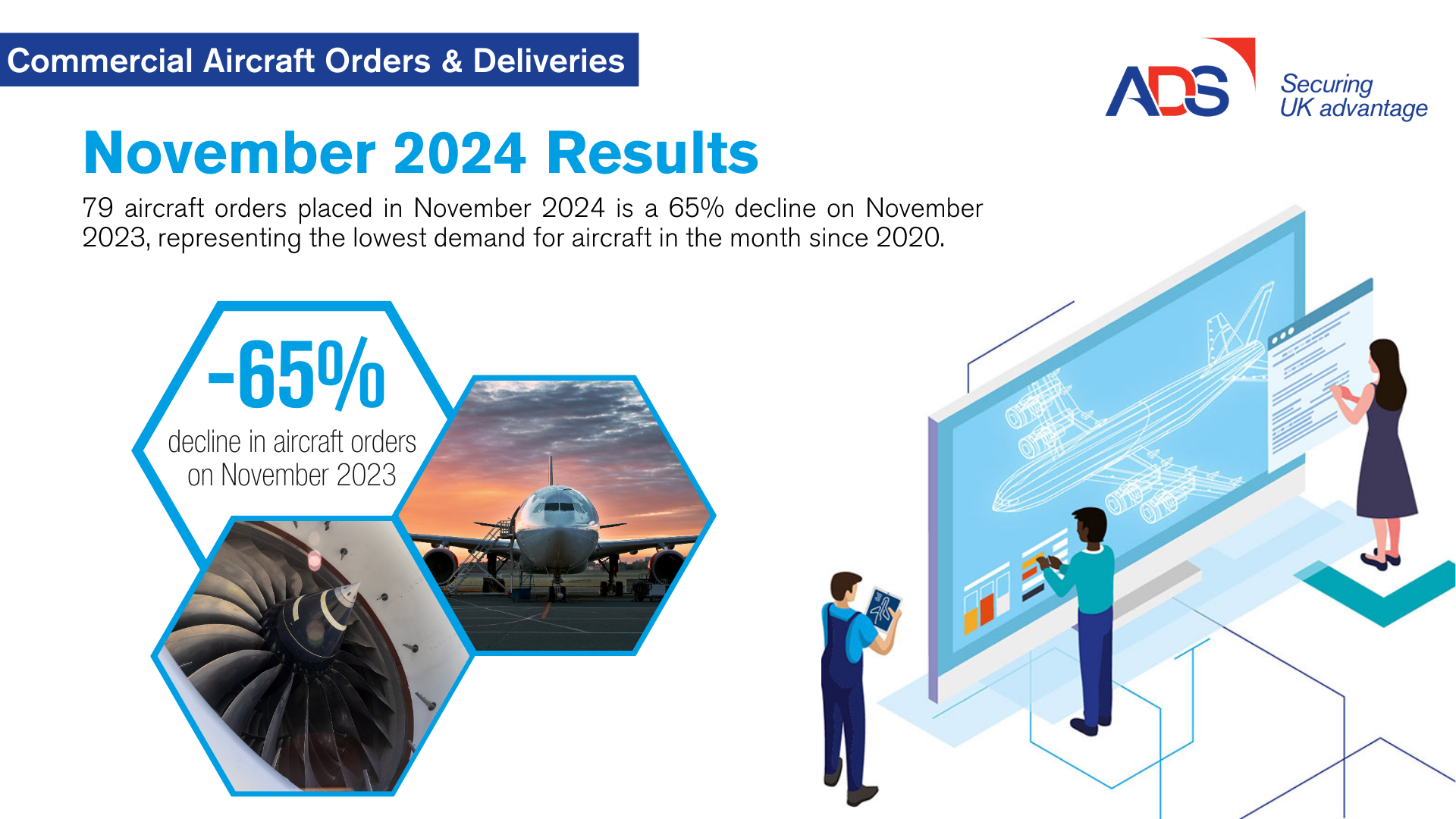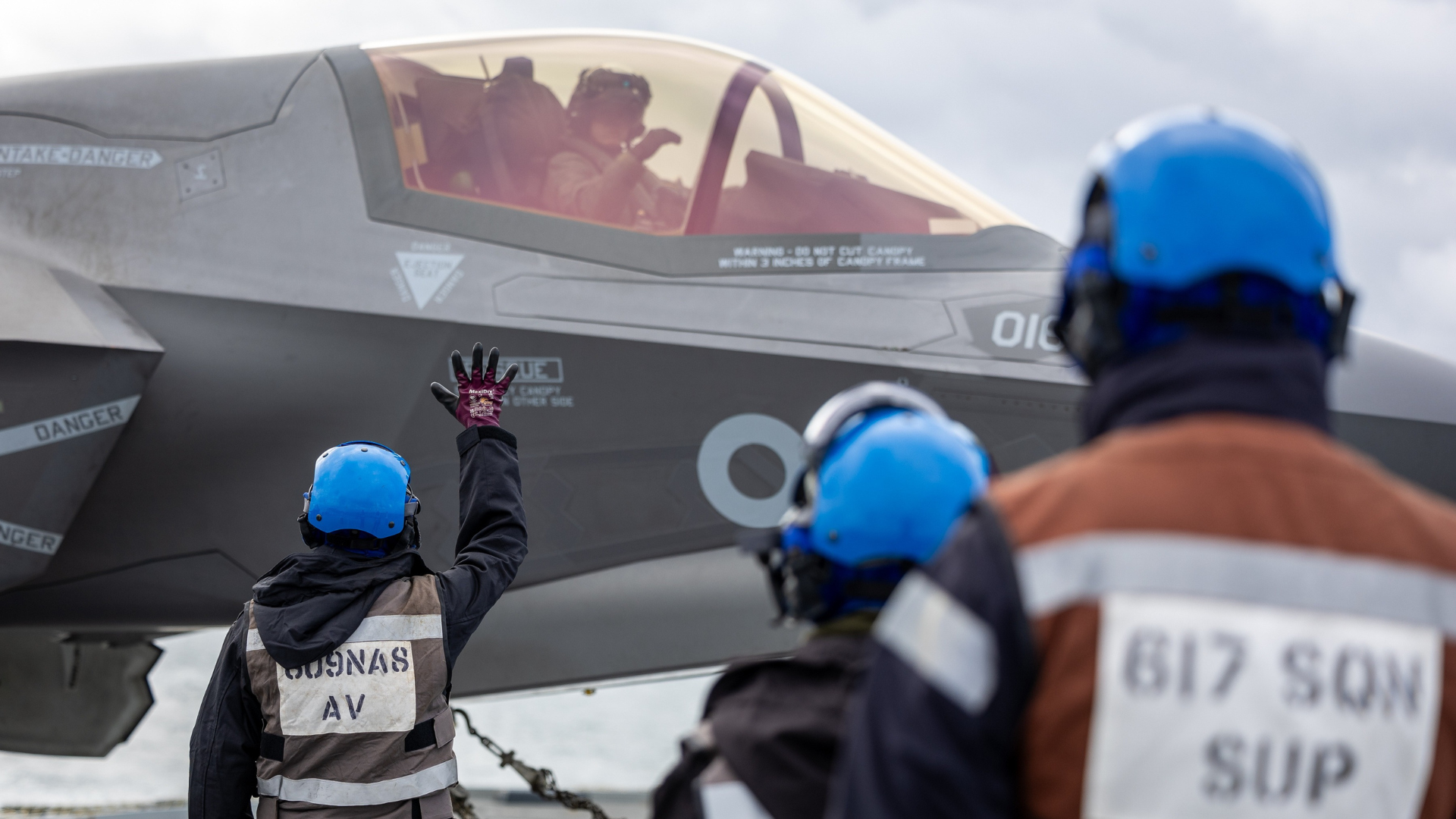
The term ‘BRIC’ has long been established as a buzzword for the future shift in global economic power to some of the fastest developing countries in the world. Whilst China’s economy is often talked about as becoming the largest, it is India’s economy which is growing at a more rapid rate. In 2015, India is set to be the fastest growing major economy and the 3rd largest economy by 2023.
The swift pace of economic growth is underpinning the growth in demand for Aviation. As seen below, India’s civil aviation passenger numbers have grown faster than both GDP levels and railway passenger numbers since 2003. Over the next 20 years, domestic India air traffic is also set to grow at 9.5% per year – the fastest growing domestic market in the world, ahead of China.
In the wake of Prime Minister Modi’s visit to the UK over the next 3 days, this future growth in demand for aviation opens up a significant opportunity for manufacturers and suppliers. According to Airbus, India will require around 1,000 new aircraft over the next 20 years – offering opportunities for the likes of Airbus, Boeing, Bombardier and COMAC to deliver aircraft to this market, and for the hundreds and thousands of supply chain companies to supply into various aircraft platforms.
Greater demand for new aircraft and the expected increase in passenger numbers has also seen India focus greater attention on developing its domestic industries – with the ‘Make In India’ campaign seeking to mirror the ‘GREAT Britain’ type campaign seen here in the UK.
Make in India in essence seeks to encourage multinationals to manufacture their products in India, and for India to become the top nation for FDI. Aviation is one of the key sectors earmarked for this initiative by the Indian Government – with a focus on overcoming various challenges such as infrastructure and maintenance support. Companies seeking to supply into India must take thr Government’s new strategic approach into account, and work with its domestic companies to boost investment levels.
For Aerospace and Aviation in particular, India’s strengths in precision machined parts and assemblies, as well as its underlying skills base, mean that more and more multinationals are looking enhance their footprint. The skills base and labour market in particular are attractive to companies – as 80% of 16-17 year olds are interested in engineering, compared to only 20% in the UK and 30% in the US.
Greater partnership in the Aerospace industry is already starting to grow, with companies like Airbus, BAE Systems, Rolls-Royce, TATA Technologies and UTC Aerospace Systems having a significant footprint in the region. From the UK, Derby based component supplier Gardner Aerospace for example, has invested £1m in its Bengaluru to meet demand from Airbus, and is the only Indian facility in India with Airbus A350 fabrication and assembly approvals.
India’s focus on developing its domestic industry and attracting FDI offers a future opportunity for UK companies to boost their export levels and overall presence. While overall exports from the UK to India have grown 30% since 2009 (from £2.9bn to £3.8bn in 2014), exports to China have soared by 200% (from £5bn in 2009 to £15bn in 2014). Modi’s visit will help to encourage more companies to look at India to grow their business, and help to build on the partnerships and social ties which already existing between the UK and India.






